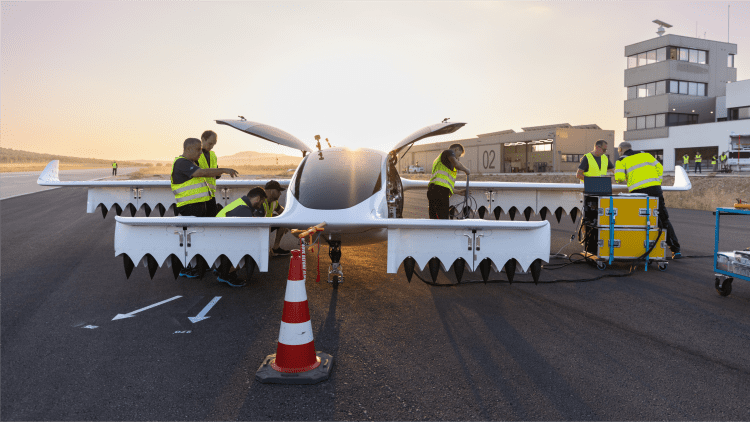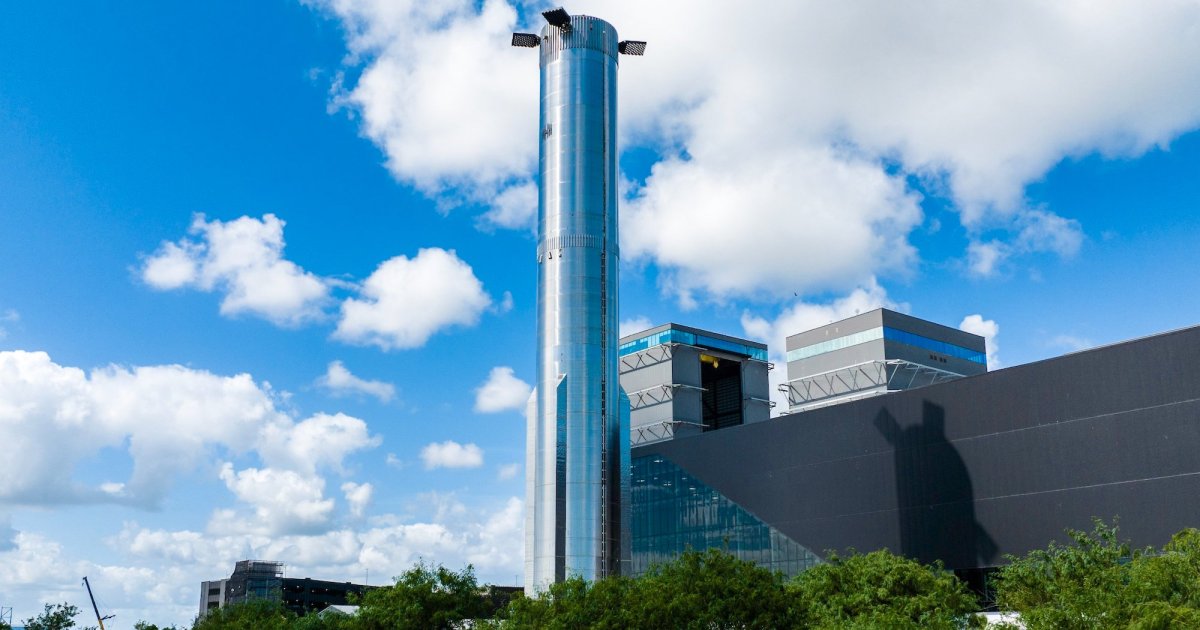Polar, maker of some of the best running watch offerings on the market, has unveiled its brand new Vantage M3 smartwatch, the successor to its formidable multi-sport fitness companion.
With the Vantage M3, Polar says it’s bringing “class-leading training and health features” to its mid-range watch for the first time.
New features include the addition of dual-frequency GPS for more accurate measurements when running and cycling, offline maps to download and navigate without the internet on-wrist, wrist-based ECG readings, nightly skin temperature monitoring, and blood oxygen saturation measurements.
The M3’s display is a 1.28-inch AMOLED screen sporting Gorilla Glass 3, housed in a stainless-steel bezel. But what else can users expect?
Polar Vantage M3: Specs and price
Under the hood, Polar says the Vantage M3 is good for up to 30 hours of battery life when training, or a whopping seven days in smartwatch mode, despite its size and light weight.
The M3 weighs just 53 grams, which Polar says makes it ripe for use when cycling, running, hiking, and more.
The M3 supports tracking for over 150 sports and also includes training and recovery tools, as well as data and insights tailored to those who play multiple sports.
Thanks to its battery life, users can wear the Vantage M3 24 hours a day and get comprehensive data about their exercise, activity, calorie consumption, sleep, and long-term recovery.
The M3 also features science-backed training load metrics to help users understand the strain training can place on their cardiovascular and musculoskeletal systems.
Available now, the Vantage M3 is available in Night Black or Greige Sand for the price of £349 (US and US pricing tbc). At that price, it looks set to undercut Garmin‘s similarly training-focused AMOLED Forerunner range, with the exception of the cheaper Garmin Forerunner 165. Watch this space to see how the watch stacks up in our full review.








































































































































































You must be logged in to post a comment Login